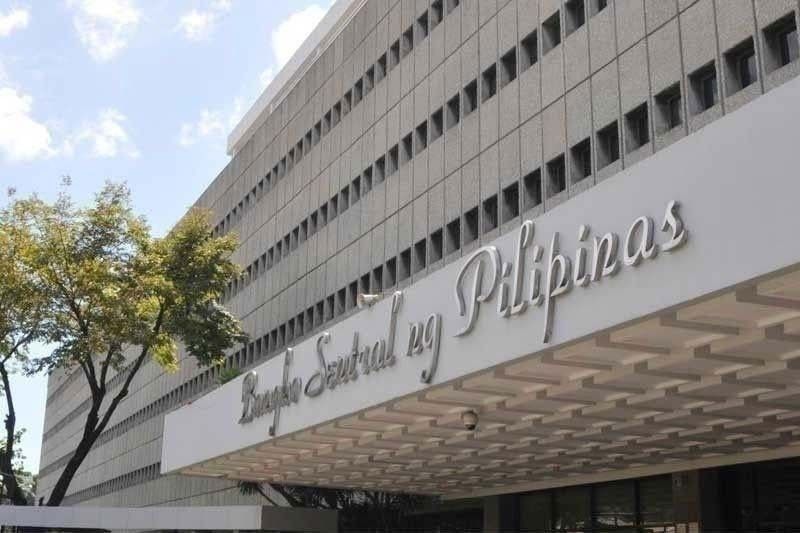Businesses turn less optimistic for next 12 months – BSP survey

MANILA, Philippines — Businesses in the Philippines turned less optimistic for the third quarter and the next 12 months as firms expect lower sales due to weaker demand, higher inflation and the adverse impact of geopolitical tensions abroad, the Bangko Sentral ng Pilipinas (BSP) said.
Consumers also turned pessimistic for the third quarter as Filipinos were concerned over higher inflation, less income and fewer jobs. However, they stayed optimistic for the next 12 months.
Based on the BSP’s 2024 Second Quarter Business Expectations (BES) survey, the overall confidence index among firms for the third quarter declined to 43.7 percent from 48.1 percent and for the next 12 months to 56.5 percent from 60.8 percent.
“(Firms) were concerned about lower demand for products and services such as hardware and construction materials, food supplements and other goods and medical services,” BSP senior director of the Department of Economic Statistics Redentor Paolo Alegre Jr. said in an online press briefing.
Alegre also traced the less buoyant outlook for business in the third quarter to the higher inflation, the start of the off-milling and rainy season, concerns on lower economic growth and the adverse impact of ongoing conflicts abroad.
For the current quarter, he said businesses are less upbeat as the overall confidence index fell to 32.1 percent from 33.1 percent amid softer demand for goods and services, international conflicts that may push up oil prices higher, slowdown in business activity and persistent inflationary pressures.
Businesses are also expecting inflation to hover at 4.4 percent for the third quarter and 4.5 percent for the next 12 months, all above the BSP’s target of two to four percent.
Meanwhile, the 2024 Q2 Consumer Expectations Survey (CES) showed that Filipinos turned pessimistic for the third quarter as the overall confidence index declined to -0.4 percent from 2.7 percent.
The last time consumer sentiment turned pessimistic for the next quarter was in the first quarter of 2021, when it reached -2.2 percent for the second quarter.
Consumers, however, are a tad more optimistic for the next 12 months as the index picked up to 13.5 percent from 13.4 percent. This was after remaining pessimistic with a confidence index of -20.5 percent in the second quarter.
“The respondents’ pessimistic outlook for the next quarter was attributed to their expectations of faster increase in the prices of goods, higher household expenses, lower income and fewer available jobs,” Alegre said.
Based on the CES report, the spending outlook index of households on goods and services for the third quarter was less upbeat as the confidence index declined to 39.6 percent from 41.3 percent, suggesting that a moderation in consumer spending is expected.
Spending is still expected to grow but at a slower pace for the following consumer items: food, non-alcoholic and alcoholic beverages, tobacco, clothing and footwear, house rent and furnishing, fuel, medical care, transportation, education, recreation and culture.
On the other hand, spending is expected to increase at a faster rate for water, electricity, communication, restaurants and cafés as well as personal care and effects.
Consumers also see inflation averaging 4.7 percent for the next 12 months, well above the BSP’s two to four percent target range.
Respondents said that inflation may be driven by higher household spending, limited supply of goods and services, concerns over the effectiveness of government policies to fight inflation as well as bad weather conditions.
The latest BES survey was conducted between April 5 and May 23 covering 1,536 companies nationwide. Meanwhile, the latest CES covered 5,575 households nationwide surveyed between April 1 and 15.
- Latest
- Trending

























